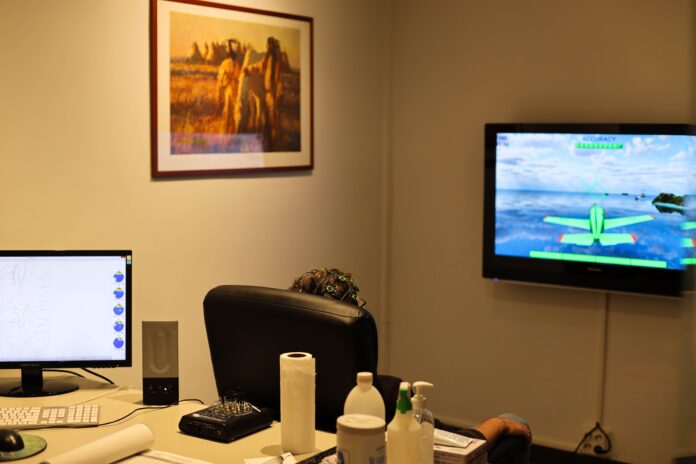Spain faces a growing challenge in the field of mental health, as problems such as anxiety, insomnia, and stress have increased significantly in recent years, with a 30% increase in related consultations, according to recent statistics. In response, applied neuroscience is shaping up as a complementary, data-driven solution to the limitations of the traditional model.
Unlike conventional psychological and psychiatric interventions, which tend to focus on alleviating symptoms without delving into brain activity, the QEEG Neurofeedback approach is gaining popularity. This methodology enables the identification of dysregulated brain patterns and the use of clinical neurofeedback to train them, providing a mental health intervention that is both objective and personalized.
The Neuroscenter, which in 2025 marks its tenth anniversary, has positioned itself as a pioneer in Spain in the application of QEEG Neurofeedback, integrating neuroscience with mental health for an entire decade.
You can't treat what you can't see. The QEEG makes the problem visible and neurofeedback trains it, says Sydney Pinoy Peyronnet, founder of Neuroscenter. The Quantitative EEG (QEEG) allows detecting brain areas with irregular activity, frequently associated with anxiety, ADHD, trauma, depression, or insomnia, and designing protocols based on those data. From these measurements, neurofeedback trains the brain to self-regulate, taking advantage of neural plasticity. This approach contrasts with the emerging trend of 'brain wellness' and promotes a clinical model with measurable results and professional supervision.
A 42-year-old patient from Barcelona recounts her experience: "For years I had trouble falling asleep, and I would wake up several times, getting up tired every morning. After a few weeks of training I began to regulate my sleep again. For me it was the difference between surviving and living again."
From the Neuroscenter, there is an increase in demand, especially after the pandemic, with more people seeking solutions that are non-invasive, personalized, and with objective monitoring, rather than one-size-fits-all treatments or those based on the trial-and-error method.
Looking to the future, Neuroscenter emphasizes the importance of incorporating systematic measurement tools in mental health —as is done in other medical disciplines such as cardiology or endocrinology— to advance toward more effective treatments and a sustainable recovery.



